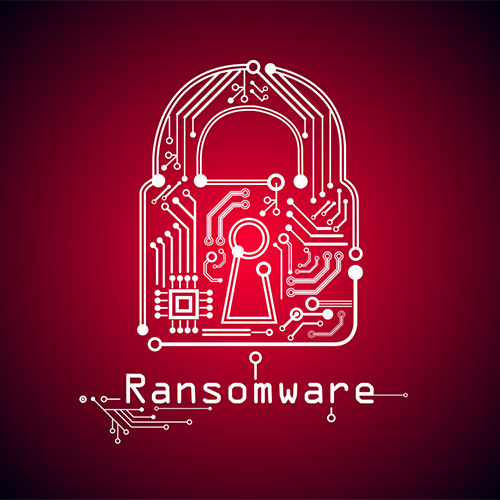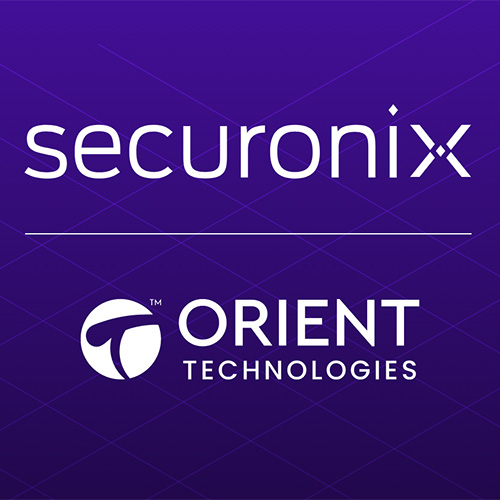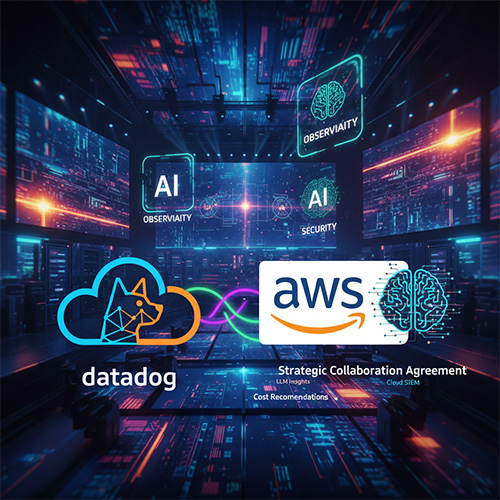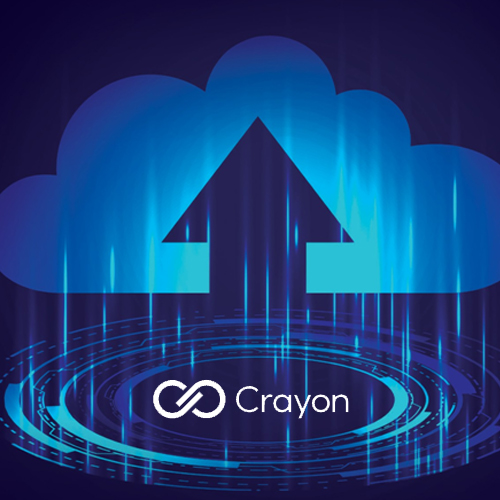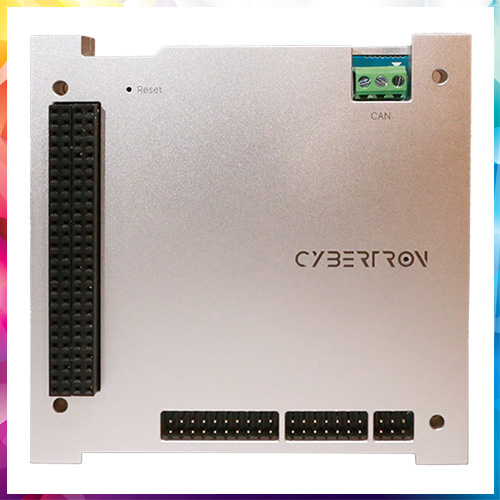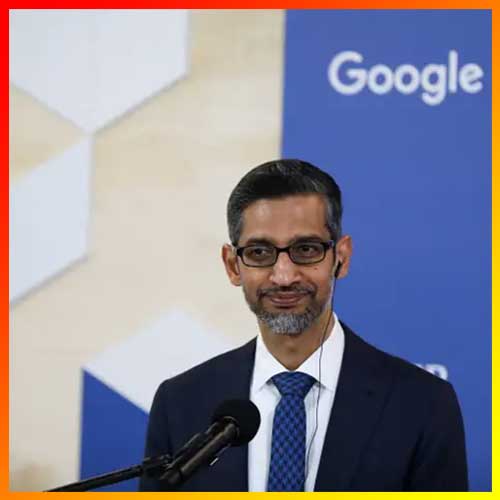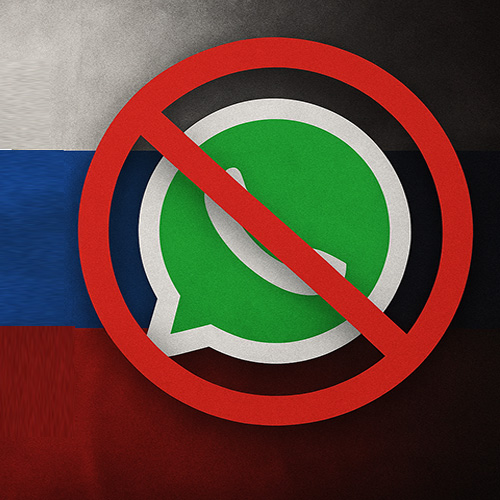
SUNIL GUBRANI
HEAD OF IT, FRATELLI WINES PVT. LTD.
Enterprise technology is rapidly evolving with ten key trends shaping the landscape: Agentic AI is automating decision-making; AI governance platforms are improving ethical oversight; disinformation security tools are combating synthetic content; energy-efficient and hybrid computing methods are optimizing performance while reducing energy use. Technologies like spatial computing, polyfunctional robots, neurological enhancements, and post-quantum cryptography are redefining human-tech interaction and security. Ambient wireless sensors are enhancing real-time operational insights.
Concurrently, the Chief Information Officer (CIO) role is transforming. CIOs are now strategic leaders driving digital transformation, aligning tech with business goals, enhancing customer experiences, fostering innovation, and collaborating closely with other C-suite executives. Their role includes ensuring cybersecurity and compliance, making them integral to modern business strategy.
A security-first culture is also vital. Organizations must secure executive buy-in, offer continuous training, integrate security into daily operations, promote open communication, and reward responsible behavior. This collective vigilance strengthens cybersecurity.
Lastly, roles like the Data Protection Officer (DPO), CIO, CTO, and CISO must remain distinct to avoid conflicts of interest. The DPO’s role—ensuring compliance with data protection laws like GDPR— requires independence. Assigning DPO responsibilities to IT/security leaders can compromise regulatory compliance. Organizations, especially larger ones, should maintain clear role boundaries for effective, unbiased data protection.

See What’s Next in Tech With the Fast Forward Newsletter
Tweets From @varindiamag
Nothing to see here - yet
When they Tweet, their Tweets will show up here.





